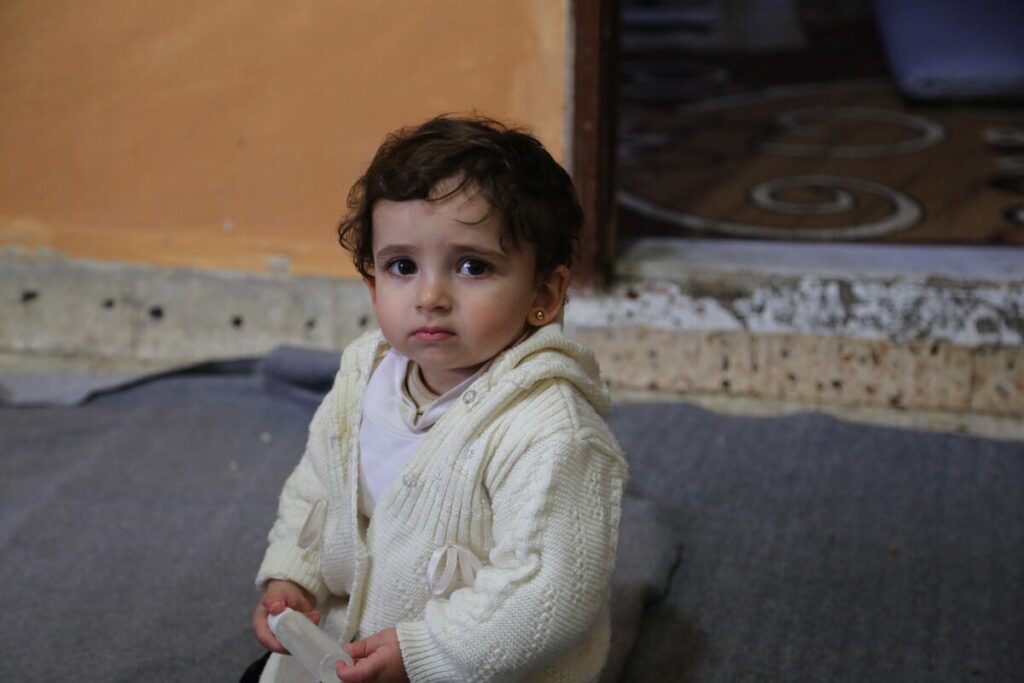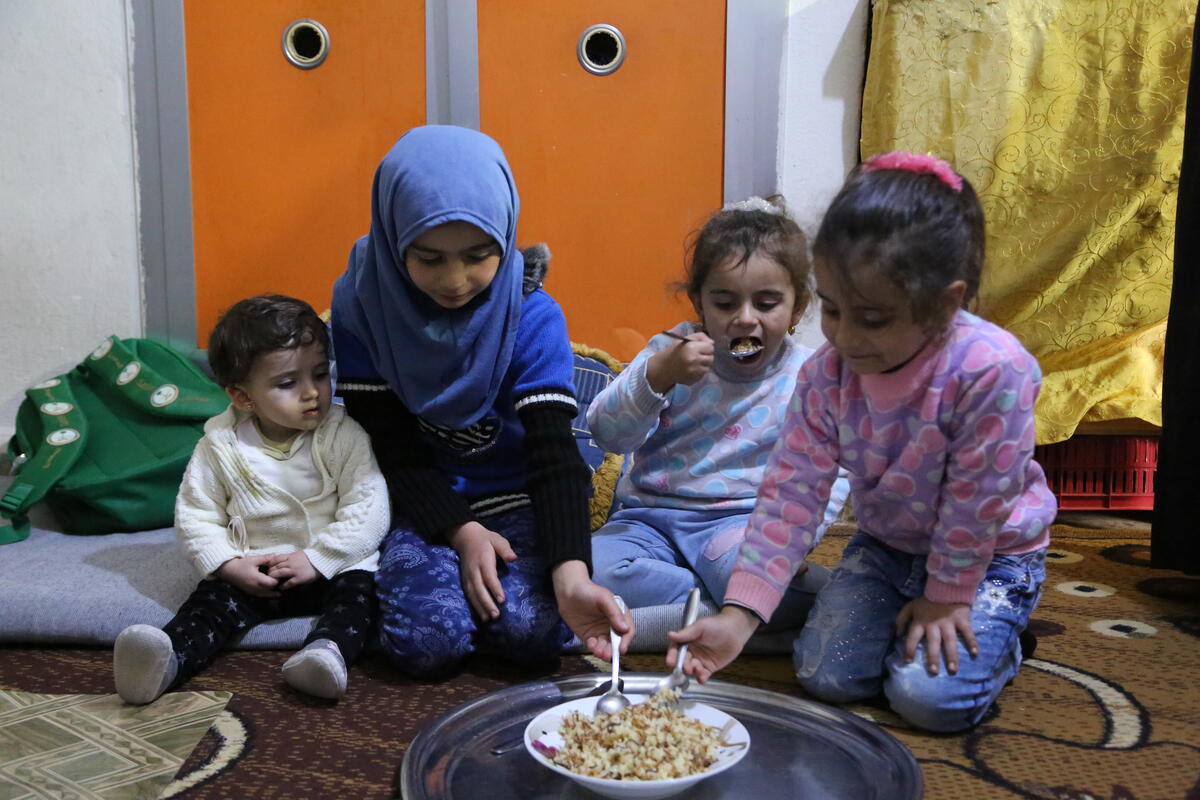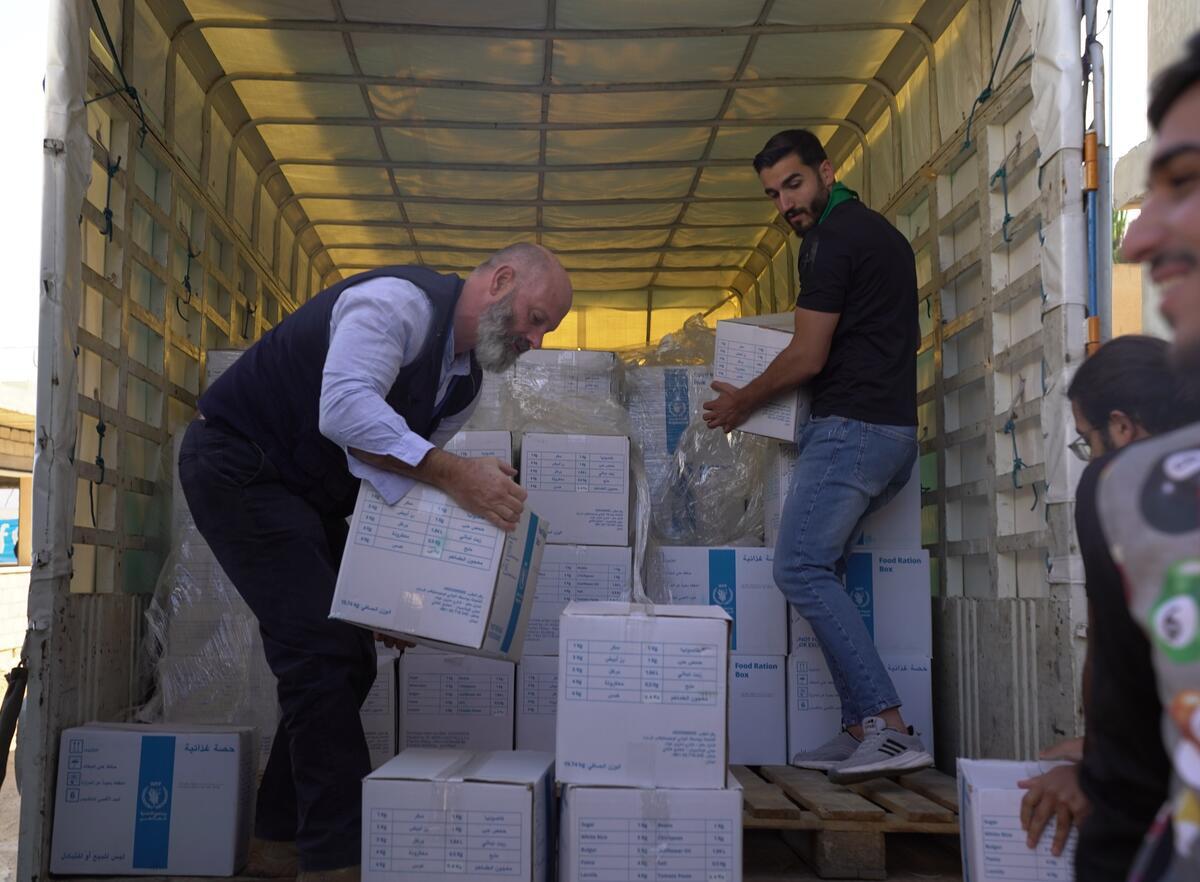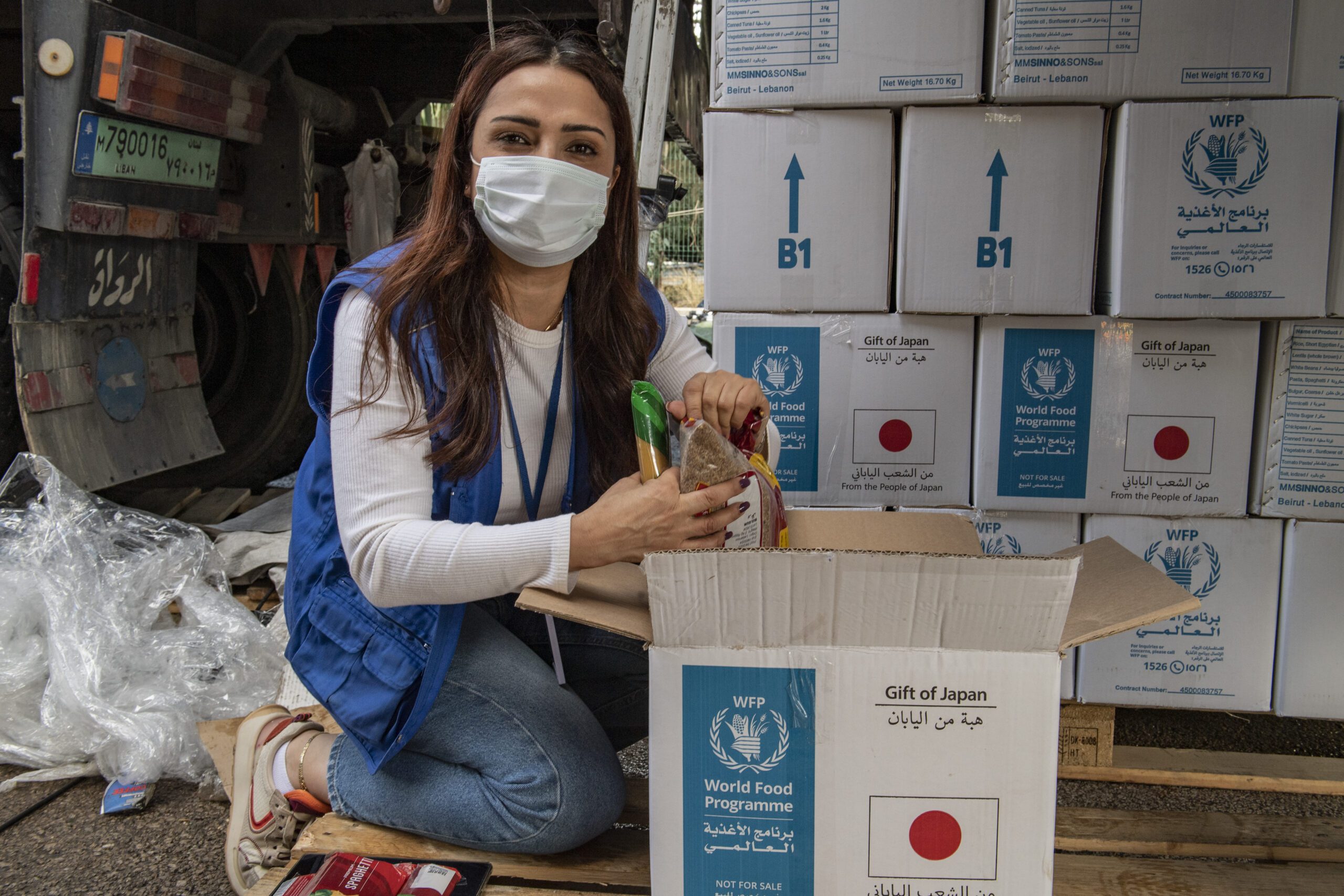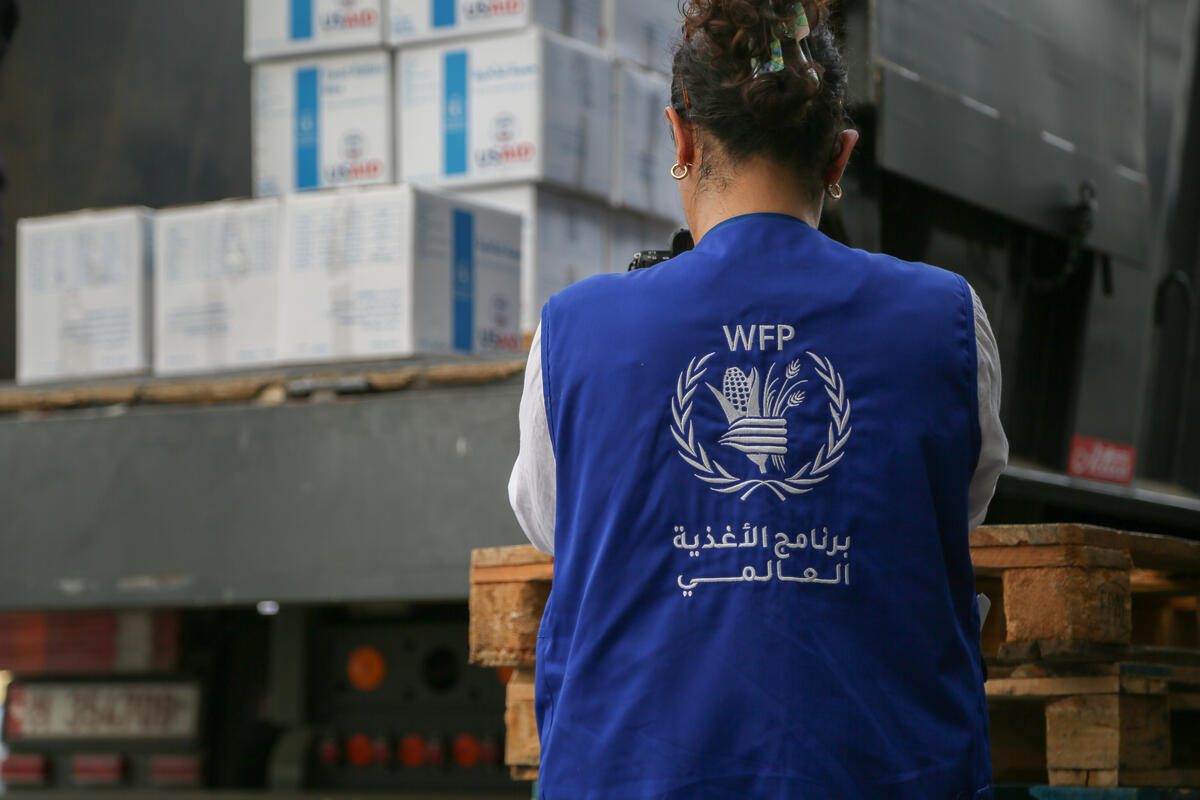Families at Risk
Hundreds of thousands of families in Lebanon have been displaced by the recent escalation of conflict. Buildings have been destroyed and roads are crammed with people fleeing the violence. The situation will only worsen food insecurity in a country where over 1 million people are hungry.
While WFP initially began working in Lebanon to assist Syrian refugees, our role has expanded over the years to include the Lebanese population – ensuring that both vulnerable Lebanese and refugees have sufficient, nutritious food throughout the year. Now, we’re scaling up emergency operations to deliver food to survivors of the conflict.

